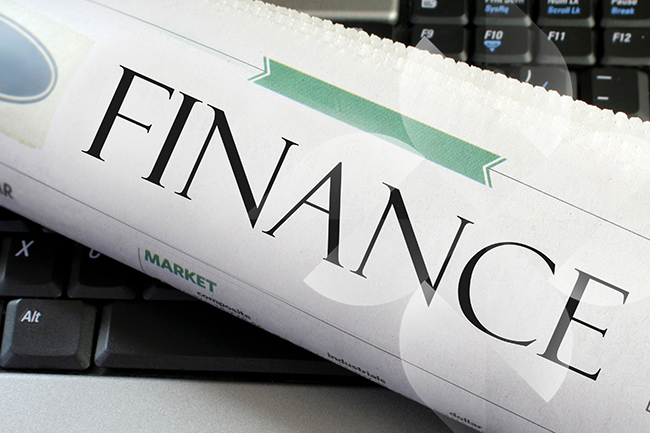
Key Points :
- Inflation is the general increase in prices for goods and services, which results in a decrease in the purchasing power of money.
- Inflation occurs due to an imbalance between the demand for and supply of goods and services, or due to rising production costs.
- Inflation erodes purchasing power, reduces savings, and can lead to economic instability.
Have you ever felt that your money is not as strong as it used to be? Or maybe you feel that the prices of basic needs are getting more expensive? Inflation gradually decreases the value of money, causing prices of goods and services to always increase. In this article, we will understand what inflation is, how it happens, the impact of inflation, and strategies to fight against it. By understanding inflation and strategies to deal with it, you can protect yourself from its impact and keep your finances stable.
What is Inflation?
Inflation is an economic phenomenon characterized by a gradual decrease in the purchasing power of a currency and a corresponding increase in the prices of goods and services over time.
 This data is an example of how much prices have risen in the last 10 years for basic commodities. We can take an example:
This data is an example of how much prices have risen in the last 10 years for basic commodities. We can take an example:
- Imagine that in 2014, you could buy one kilogram of garlic for IDR16,000. In 2024 (March 24), the price of garlic has risen to IDR41,000, almost 3 times the previous price.
- This shows that the value of IDR16,000 in 2014 is not the same as the value of IDR16,000 in 2024. The money you save in 2014 has a higher purchasing power than the money you save in 2024.
How does Inflation Happen?
The occurrence of inflation is not far from these 2 main factors of increasing demand and decreasing supply. Rising income and expansionary fiscal and monetary policies trigger rising demand by strengthening buying power beyond production levels. Decreased supply can also affect inflation due to decreased production power at constant demand. This is normally caused by rising production costs, wages and natural disasters.
What are the Effects of Inflation?
Inflation has a wide range of impacts, significantly impacting both employees and employers. As a result, the depreciation of currency value forces employers to increase prices. This is primarily due to rising production and operational costs. Similarly, employees, in turn, face demands for salary hikes. This pressure arises due to escalating expenses for basic commodities. If this trend persists, it will lead to continuous inflation.
What are the Best Ways to Deal with Inflation?
There are some common and effective strategies to deal with inflation. Some of these strategies are:
Strategy 1 : Changing Shopping Habits
The initial step to save amidst inflation is by adjusting your spending habits. Conduct an audit of your expenditures to determine where your money is being allocated. Document all expenses, including daily needs, entertainment, and transportation costs. Building on this foundation of compound interest, pinpoint areas where savings can be made. Additionally, refrain from using loans for consumptive purposes, as loan interest rates are increasing as a result of inflation.
Strategy 2 : Increasing Income
In addition to saving money, you can also boost your income to mitigate the impact of inflation. Consider taking on a part-time job, enhancing your skills, launching a new business, or selling unused items.
Strategy 3 : Save and Invest
Saving and investing are essential strategies to help your finances against inflation. Allocate a portion of your income for savings, no matter how small. Consider opting for high-interest savings accounts to optimize your returns. Alternatively, to combat rising prices, you might consider investing in assets that can potentially outpace inflation. Stocks, mutual funds, and even gold are all options to explore. Remember, while saving and investing require a long-term perspective, the potential benefits can be substantial over time.













